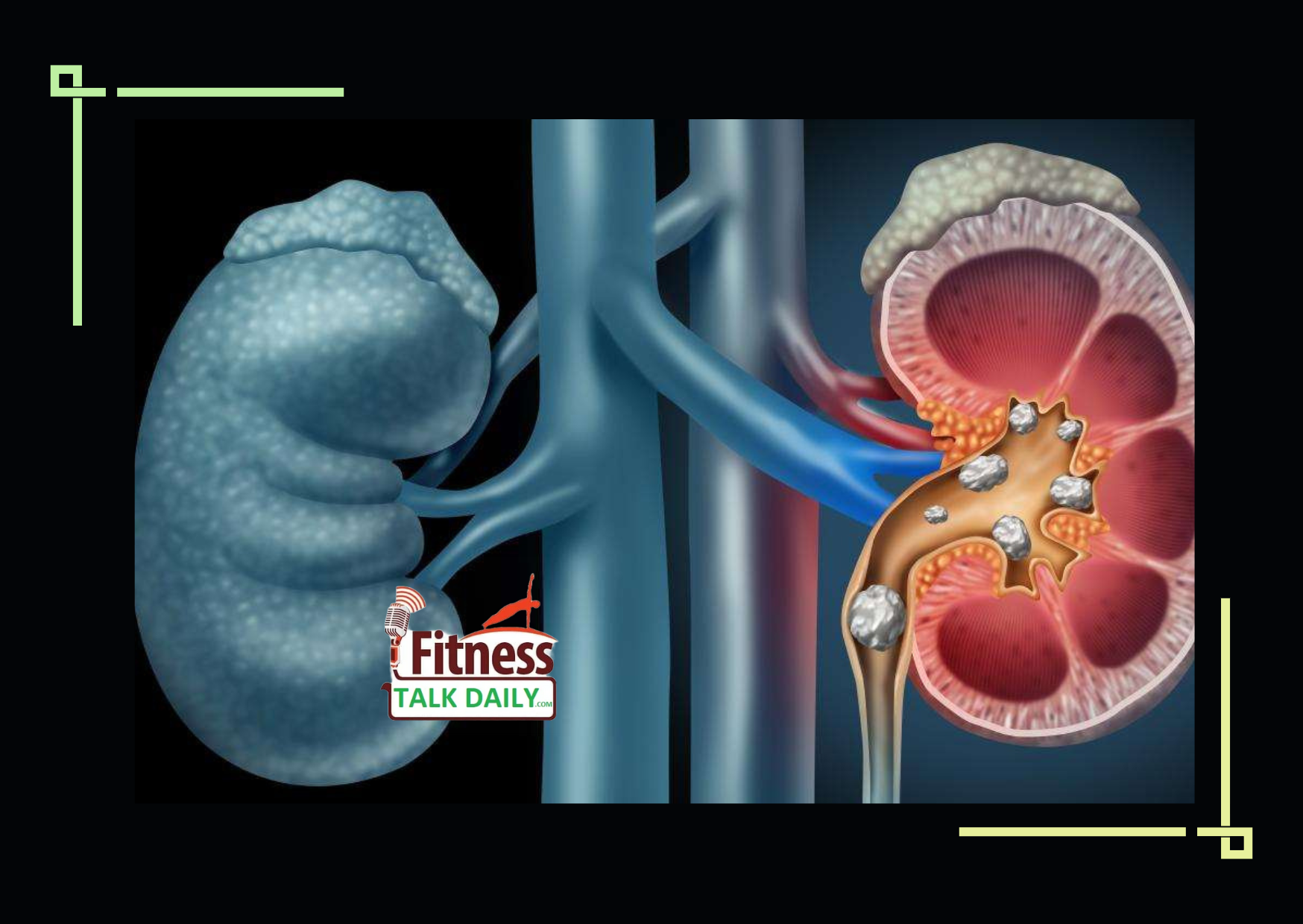Kidney damage is a serious health issue that often goes unnoticed in its early stages. Many people are unaware that certain symptoms of kidney damage only appear at night. This can make it difficult for individuals to identify potential kidney problems. In this article, we will discuss 5 unusual kidney damage symptoms that appear only at night. These signs might indicate kidney issues and should not be ignored. If you are experiencing these symptoms, it’s important to consult with a healthcare professional for proper diagnosis and treatment.
Understanding kidney health is crucial for maintaining overall well-being, and recognizing these symptoms early on can help you take timely action. Keep reading to find out how to identify kidney damage symptoms at night and what steps you can take to protect your kidneys.
5 Unusual Kidney Damage Symptoms That Appear Only At Night
1. Frequent Urination at Night (Nocturia)
One of the most common kidney damage symptoms at night is frequent urination, or nocturia. When the kidneys are not functioning properly, they may struggle to filter waste and fluid effectively, leading to an increased need to urinate during the night. This could be an early sign of kidney disease.
Why It Happens: Healthy kidneys filter fluids during the day, but if they’re damaged, they may start to retain extra fluids that need to be expelled at night.
What You Can Do: If you find yourself waking up multiple times to urinate at night, consult with your doctor. In many cases, nocturia can be treated once the underlying cause is identified.
2. Swelling in the Ankles and Feet
Swelling in the ankles and feet at night is another unusual symptom of kidney damage. When the kidneys can’t properly filter waste and fluids, it leads to fluid retention, which can cause swelling in the lower extremities. This swelling tends to become more noticeable in the evening or at night after a day of standing or walking.
Why It Happens: Damaged kidneys may not remove excess salt and water from the body, leading to swelling and bloating, particularly in the legs and feet.
What You Can Do: Try elevating your feet before bed to reduce swelling. However, if this continues to happen, see a doctor for further tests.
3. Shortness of Breath (Dyspnea)
Shortness of breath, especially during the night, can be a sign of kidney problems. When kidneys aren’t functioning properly, the body retains fluid, which can accumulate in the lungs, leading to difficulty breathing. This can happen during the night when you lie down and the fluid spreads more easily throughout your body.
Why It Happens: Kidney damage can cause fluid buildup in the lungs, leading to dyspnea or difficulty breathing, particularly when lying down to sleep.
What You Can Do: If you experience shortness of breath at night, seek medical attention immediately. This could be a sign of fluid retention in the lungs, which requires urgent treatment.
4. Itchy Skin
Itchy skin at night can be another kidney damage symptom that appears more intensely after dark. When kidneys are unable to remove waste and toxins from the body properly, these toxins can build up in the bloodstream, leading to itchy skin. This discomfort may worsen when you’re lying down at night due to less movement.
Why It Happens: The accumulation of waste products in the blood, known as uremic pruritus, is a common issue for individuals with kidney disease.
What You Can Do: Moisturize your skin regularly and take cool showers to alleviate the itch. However, persistent or severe itching should be evaluated by a doctor.
5. Back Pain or Discomfort
Kidney-related back pain often worsens at night. Unlike regular muscle pain, kidney pain tends to be sharp or dull and is often located on the lower sides of the back, where the kidneys are situated. This discomfort might increase when you are lying down.
Why It Happens: Damage to the kidneys can lead to inflammation and discomfort in the surrounding areas, which may be felt more intensely when you’re resting at night.
What You Can Do: If you experience persistent or worsening back pain, especially in the lower back, consult a healthcare provider to determine if your kidneys are the cause.
When to Seek Medical Attention
Recognizing kidney damage symptoms at night is crucial for early detection and treatment. If you experience any of the above symptoms, especially if they persist for several nights or worsen, it’s important to seek medical advice. Early diagnosis can help prevent further damage to the kidneys and improve your chances of successful treatment.
How to Protect Your Kidneys
Taking care of your kidneys is essential for overall health. Here are a few tips to help protect your kidneys and prevent kidney damage:
- Stay Hydrated: Drink plenty of water throughout the day to help your kidneys function properly.
- Eat a Healthy Diet: Focus on eating a balanced diet rich in fruits, vegetables, and whole grains.
- Avoid Excessive Salt: Too much salt can strain the kidneys. Limit your salt intake to protect your kidney function.
- Exercise Regularly: Physical activity improves overall health and helps regulate blood pressure, which is important for kidney health.
- Monitor Blood Pressure: High blood pressure is a major risk factor for kidney disease, so it’s important to keep it under control.
Table: 5 Unusual Kidney Damage Symptoms at Night
| Symptom | Description | Possible Cause |
|---|---|---|
| Frequent Urination (Nocturia) | Waking up multiple times to urinate at night | Kidney inability to filter fluids effectively |
| Swelling in Ankles and Feet | Fluid retention leading to swelling in the lower extremities | Inability to remove excess fluid and waste |
| Shortness of Breath (Dyspnea) | Difficulty breathing, especially when lying down | Fluid accumulation in lungs due to kidney damage |
| Itchy Skin | Persistent itching, particularly at night | Build-up of toxins in the bloodstream |
| Back Pain | Pain or discomfort in the lower back area, worsening at night | Kidney inflammation or damage |
Unsual kidney damage :-
If you’re noticing any of these unusual kidney damage symptoms at night, it’s important not to ignore them. Kidney problems can progress silently, so recognizing the signs early can help you take action to protect your health. Be sure to consult a healthcare professional if you experience any of the symptoms mentioned above, as timely treatment can make a significant difference.
Take care of your kidneys by maintaining a healthy lifestyle, staying hydrated, and seeking medical attention when needed. By understanding the warning signs, you can take proactive steps toward maintaining kidney health.




